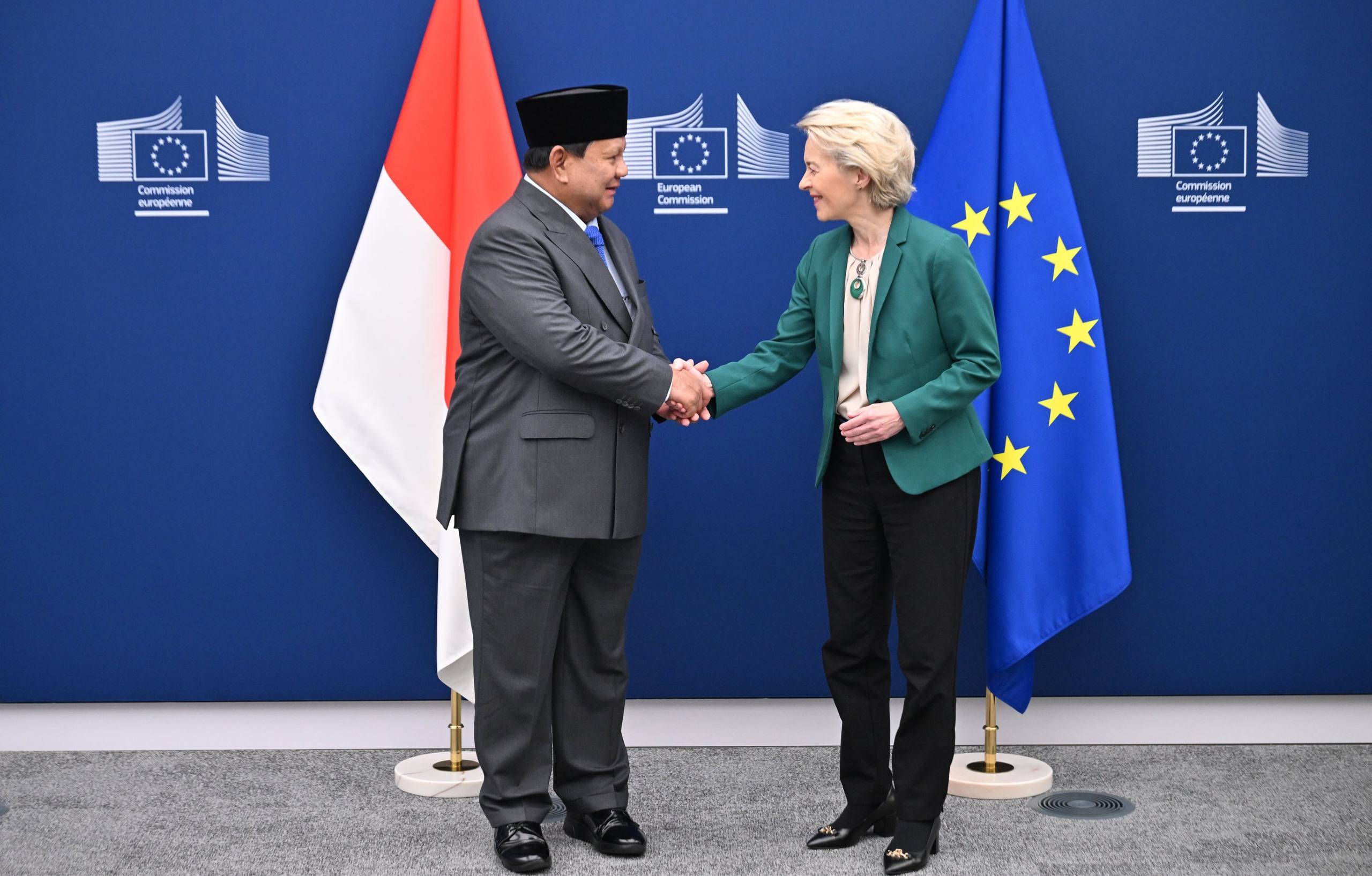The European Union and Indonesia have finally concluded trade negotiations after nearly nine years of lengthy talks. The deal paves the way for tariff-free exports and imports, encourages new investment, and strengthens commitments on environmental issues and labor standards. Officials from both sides hailed the agreement as a new milestone in international economic and diplomatic relations.
In the Comprehensive Economic Partnership Agreement or CEPA, around 80 percent of Indonesia’s exports to the EU will enjoy tariff exemptions within one to two years. Key beneficiaries include palm oil, nickel, copper, textiles, and footwear. On the other hand, the EU will gain easier access to the Indonesian market for cars, machinery, and pharmaceutical products at reduced costs. Both sides emphasize that the deal represents a win-win solution that will reinforce their positions in the global market.
Market Access and New Investment
Indonesia’s Trade Minister described the deal as a golden opportunity for domestic producers. With zero tariffs, Indonesian products are expected to be more competitive in the EU market, which is known for high standards and strong purchasing power. The EU also sees broad opportunities to invest in Indonesia’s automotive sector, renewable energy, and digital technology. Analysts argue that such investments could turn Indonesia into a strategic manufacturing hub for the Southeast Asian region.
For the EU, this agreement is part of a diversification strategy. Faced with growing geopolitical tensions and dependence on China, Europe is seeking alternative stable partners. Indonesia is considered ideal due to its abundant natural resources, large domestic market, and ongoing development of sustainable industries. For Jakarta, new investment flows promise job creation, industrial modernization, and stronger state revenues.
Environmental and Labor Commitments
One of the most critical aspects of the deal is the environmental clause. The EU stressed that Indonesian exports, especially palm oil, must be free from illegal deforestation practices. This aligns with Europe’s increasingly strict policies on sustainable supply chains. The Indonesian government has pledged compliance and plans to strengthen green certification mechanisms to ensure export acceptance.
Indonesia also agreed to improve labor standards in line with International Labour Organization guidelines. These commitments include the right to unionize, protection against worker exploitation, and better minimum wage standards. While this could increase adjustment burdens for small and medium enterprises, officials argue that such steps are vital to enhance the credibility of Indonesian industries in global markets.
Impacts and Challenges Ahead
Economists predict that the agreement could boost Indonesia’s exports to the EU by tens of billions of dollars in the medium term. Palm oil, nickel, and textiles are expected to drive export growth. Yet major challenges remain. Domestic producers must comply with the EU’s strict standards covering product quality, consumer safety, and environmental sustainability. Failure to do so could shut them out of the market despite tariff relief.
For the EU, the agreement ensures long-term access to strategic raw materials such as nickel and copper, crucial for the energy transition. However, it could also spark internal debates, especially among environmental groups concerned about the ecological impact of mining activities in Indonesia. For this reason, the deal’s implementation will be closely monitored by multiple stakeholders, including international NGOs.
The EU–Indonesia trade agreement stands as a landmark in global commerce. It not only opens new economic opportunities but also tests the seriousness of both sides in balancing trade, development, and sustainability. Its successful implementation will determine whether the deal becomes a genuine game changer or remains only a symbol of economic diplomacy.






